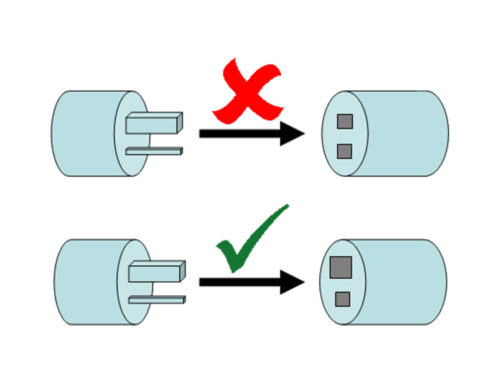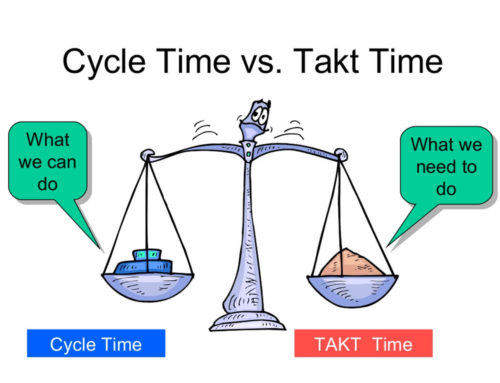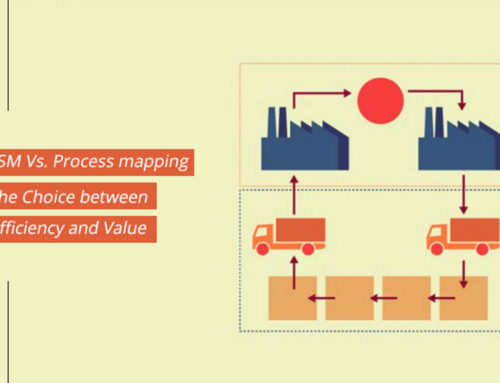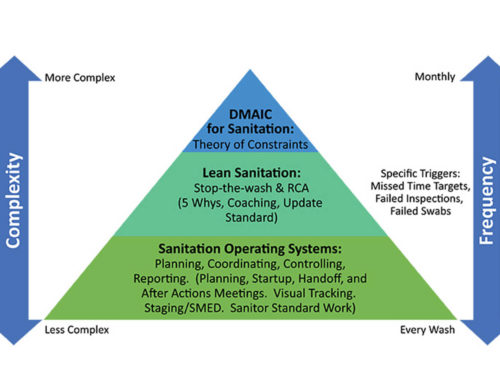Food factories pose a greater challenge when it comes to deciding the flooring measures. Keeping in mind the factors of hygiene and sanitation in processes, compromising in this operation could be risky. The flooring has to mandatorily meet the standards of health, maintenance and minimal to zero cross-contamination.
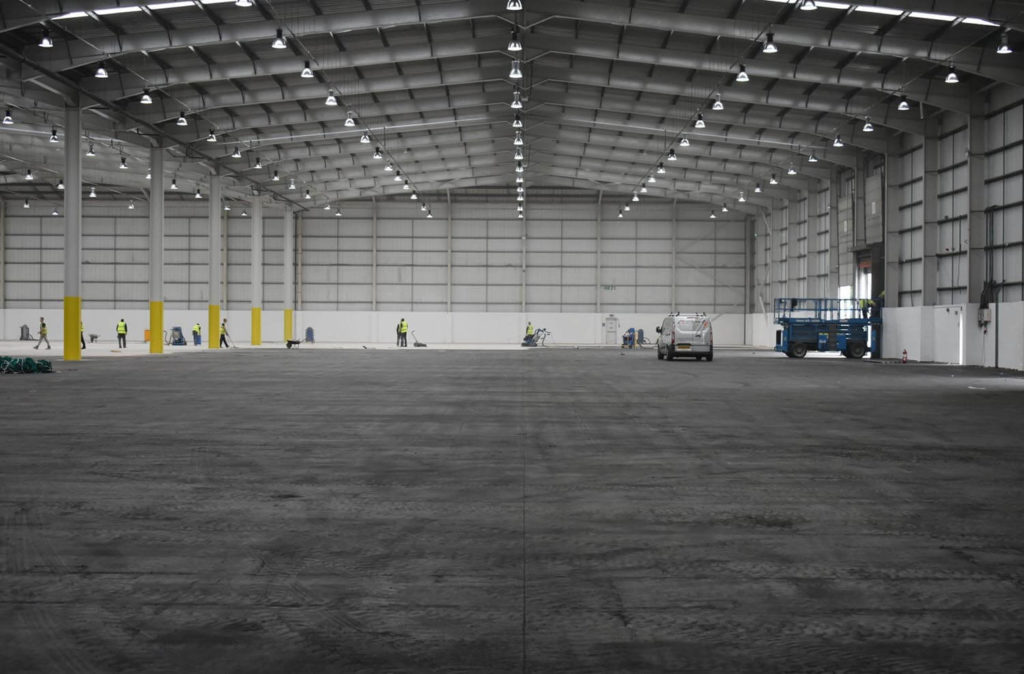 Food factories or industrial plants comprise consistent procedures of manufacturing, processing, and packaging of various organic products ranging from liquid, semi-liquid to solid foods. Not only they are prone to microbial and fungal attacks but they also cause contamination of the plant if it is not appropriately constructed. One of the most significant elements in any kind of industrial set up is the Flooring system.
Food factories or industrial plants comprise consistent procedures of manufacturing, processing, and packaging of various organic products ranging from liquid, semi-liquid to solid foods. Not only they are prone to microbial and fungal attacks but they also cause contamination of the plant if it is not appropriately constructed. One of the most significant elements in any kind of industrial set up is the Flooring system.
In a food factory, floors are subjected to all kinds of pressure, inclusive of labor, load, and maintenance. Following the food or beverage type, floors could be damaged by acids, alkaline, abrasions, scratching, cleaning solvents, metals, grease, and many more, which affect longevity. The material and the coating on the floor should help in resistance to these factors for ensuring long-lasting sustenance. Involving finances, it is cumbersome to undertake regular alteration as far as floors of a particular food and beverage plant are concerned.
This article deals with a few ideas of flooring and coatings that will help in establishing a world-class food factory.
Few Characteristics of Floors for the Food and Beverage industry
Smooth and Seamless Floor
In the case of the food and beverage factory, there is a huge possibility of scattering. Considering the size of the particles, the litter will deposit at any hook and nook of the space. Therefore, the floors should not have any cracks, joints, breakages, cavities or crevices, which could store food particles in them. Over a while, due to decomposition, they will affect the standard of hygiene, causing cross-contamination and untimely microbial growth.
Non-porous Surface
The surface of the floor should be non-absorbent and non-porous. The floors should be averse to oil, acid, solvents, fats, and other solutions that could breach the smoothness of the same. Choose the material of the floors which is 100 percent waterproof and resistant. This factor could be met by also selecting the accurate coating which will be discussed below.
Color of Floors
Colors are a clever way to treat the demarcation of the varying spaces. Not only it maintains appropriate divisions but it also avoids cross-contamination. Primary and secondary colors like red, yellow, blue, green orange, etc. help in creating a distinct separation of working units.
Ease in Maintenance
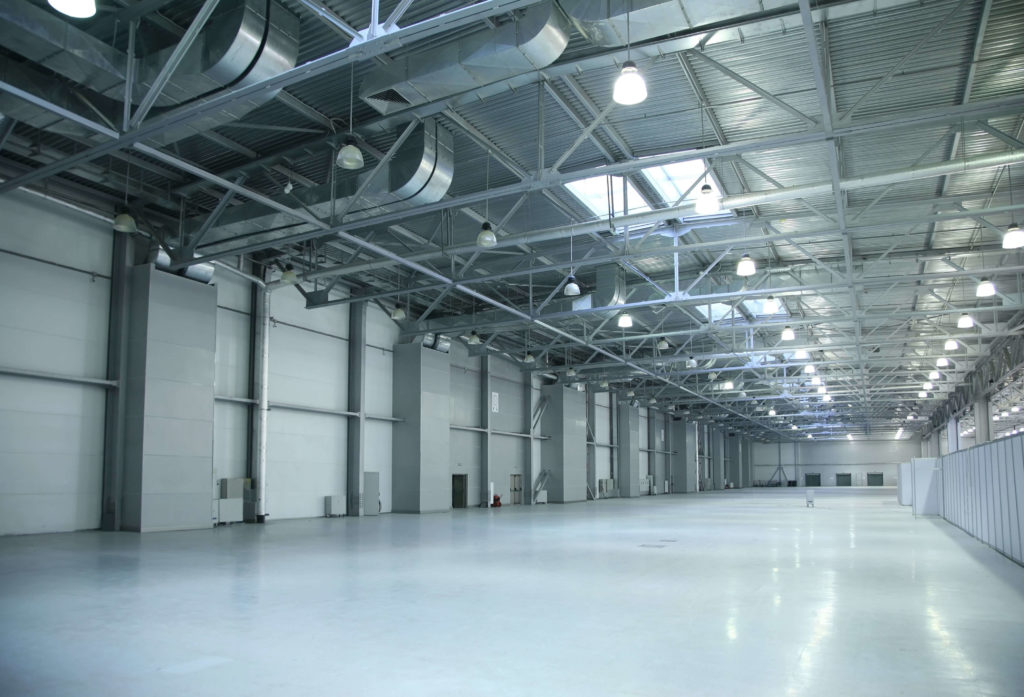 Floors in a food factory are cleaned and maintained every day to avoid the accumulation of muck and dirt. The edges, crevices, joints, etc. are likely to accumulate small-sized residues despite cleaning them regularly. It is, therefore, the floors should opt for the mechanism of Coving. In coving, the intersection of wall, pillars, and floors are constructed in an arc-shape, which allows ease in cleaning. Coving typically allows the keepers to clean without much of a hindrance thereby minimizing the stockpiling of daily grime.
Floors in a food factory are cleaned and maintained every day to avoid the accumulation of muck and dirt. The edges, crevices, joints, etc. are likely to accumulate small-sized residues despite cleaning them regularly. It is, therefore, the floors should opt for the mechanism of Coving. In coving, the intersection of wall, pillars, and floors are constructed in an arc-shape, which allows ease in cleaning. Coving typically allows the keepers to clean without much of a hindrance thereby minimizing the stockpiling of daily grime.
Workability of Best Flooring
The vulnerability of the floors considering the daily traumas is very strong. Therefore, the quality of the material and coatings should be in workable condition for many years. They should have qualitative strength, resistant to sharper objects, and devoid of odor, especially in the case of food industries.
Types of Floors and Coatings
Epoxy Flooring
Epoxy flooring systems are resistant to heat, cold, scratch, and possess an aesthetic external appearance. They are suitable for the industries processing chemicals like alkalis and involve intense heating procedures.
MMA Floor Coating
The coating is indispensable to create smoother surfaces. Methyl Methacrylate (MMA) coating is usually chosen for cold storage areas and walk-in freezers. They are odorless and resistant to high-intensity abrasion.
Urethane Flooring
Urethane Flooring is used for poultry and meat industries, as they have higher heat resistance as compared to epoxy floors. They are odorless.
Polyurea Floor Covering
Polyurea Coating is one of the easiest floor covering as it quickly dries, is odorless, and is specially opted for heavy-duty preparation plant.
The best flooring for the food factory will meet the basic requirements of cleanliness, effective usage, and optimum longevity.


